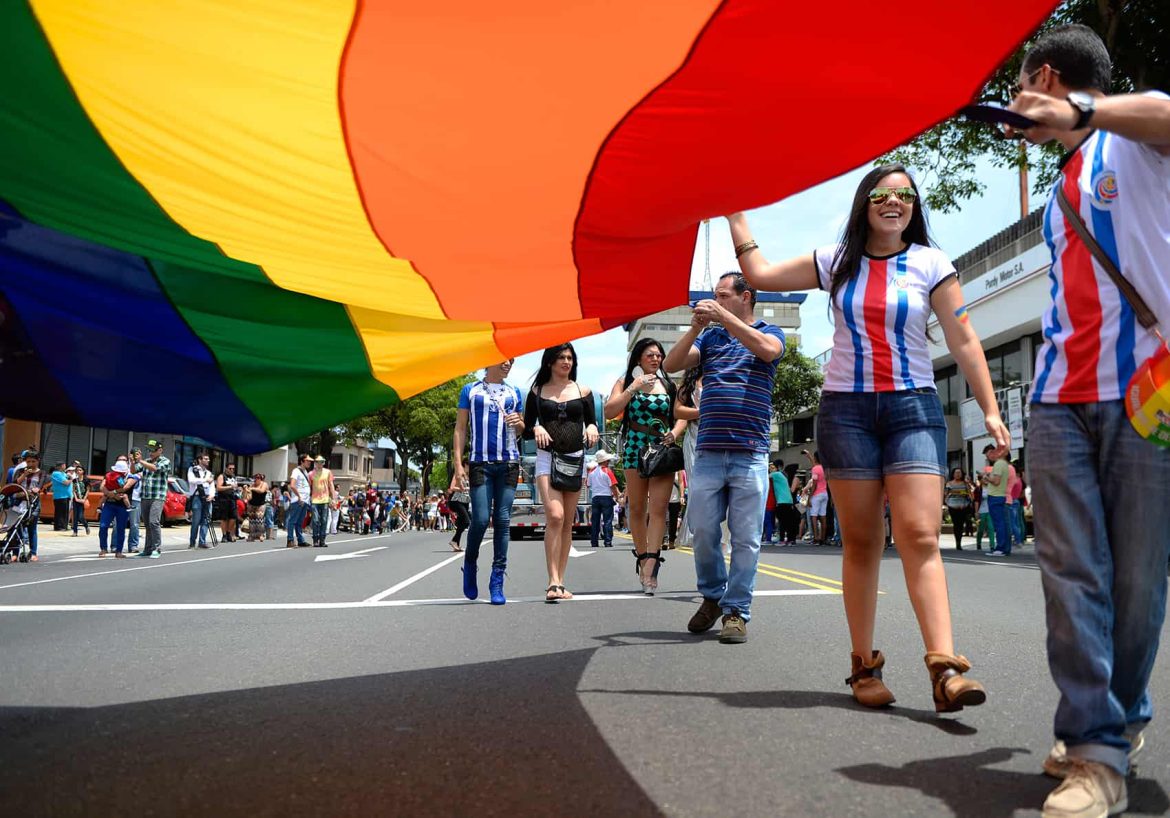In a bold move that reverberated across international headlines, Costa Rican President Rodrigo Chaves dismissed two high-ranking officials on Saturday, sparking a heated debate over governmental authority and LGBT rights. The officials in question, Minister of Culture and Youth Nayuribe Guadamuz and Commissioner for Social Inclusion Ricardo Sosa, were removed from their posts following their unauthorized support of an LGBT pride march in the capital, San José.
Unsanctioned Support Sparks Controversy
The crux of the controversy lies in the officials’ decision to process a declaration of cultural interest for the LGBTI pride march without the explicit consent of President Chaves. According to a government statement, this act of insubordination was enough to trigger their immediate dismissal. “The president had no knowledge of this declaration,” the statement clarified, underscoring a significant breach in communication within the ranks of the government.
The Aftermath of the Dismissal
The declaration of cultural interest, which had been set to bolster the march’s significance, was annulled on the same day by the government. This administrative withdrawal comes amid preparations for the pride march, which is expected to proceed from La Sabana Park to Plaza de la Democracia, directly in front of the Congress of Deputies.
Event organizers have countered the government’s claims, insisting that all necessary procedures were followed correctly. Geovanny Delgado, a spokesperson for the Diversity March, criticized the president’s actions as “an illegal act” and likened them to recent populist measures seen in other Latin American countries. “The march continues,” Delgado affirmed, challenging the assertion that the event lacked proper permits.
Regional Reactions and Comparisons
This incident in Costa Rica mirrors actions taken by leaders in neighboring countries, drawing parallels with El Salvador where President Nayib Bukele recently made headlines by firing over 300 employees from the Ministry of Culture. Bukele defended his decision as necessary to uphold the “values” of the Salvadoran family, following the ministry’s controversial cancellation of a theater play deemed inappropriate for family audiences.
Similarly, Guatemala’s Constitutional Court faced a dilemma with the Pride march scheduled for Saturday. The court ultimately rejected a ban on the march but mandated that the government ensure the protection of national “values” and “morals,” responding to concerns raised by conservative factions within the country.
A Broader Debate on Rights and Governance
President Chaves’ decision to dismiss Guadamuz and Sosa has ignited a broader discourse on the balance between cultural declarations and the executive oversight in Costa Rica. It raises poignant questions about the extent of governmental control over cultural activities and the rights of minority communities to celebrate their identity openly.
Critics of the president’s decision argue that it represents a dangerous overreach of executive power and an undermining of cultural and social inclusivity. Supporters, however, may view it as a necessary alignment of cultural initiatives with broader governmental policies and national values.
As Costa Rica grapples with these complex issues, the international community watches closely. The actions taken by the Costa Rican government reflect broader regional tensions between progressive movements advocating for recognition and rights and conservative elements pushing back against rapid social changes.
This incident serves as a critical reminder of the ongoing struggles faced by the LGBT community not just in Costa Rica but across the globe. It underscores the need for dialogue, understanding, and respect for legal and cultural processes in the advocacy for any cause.

